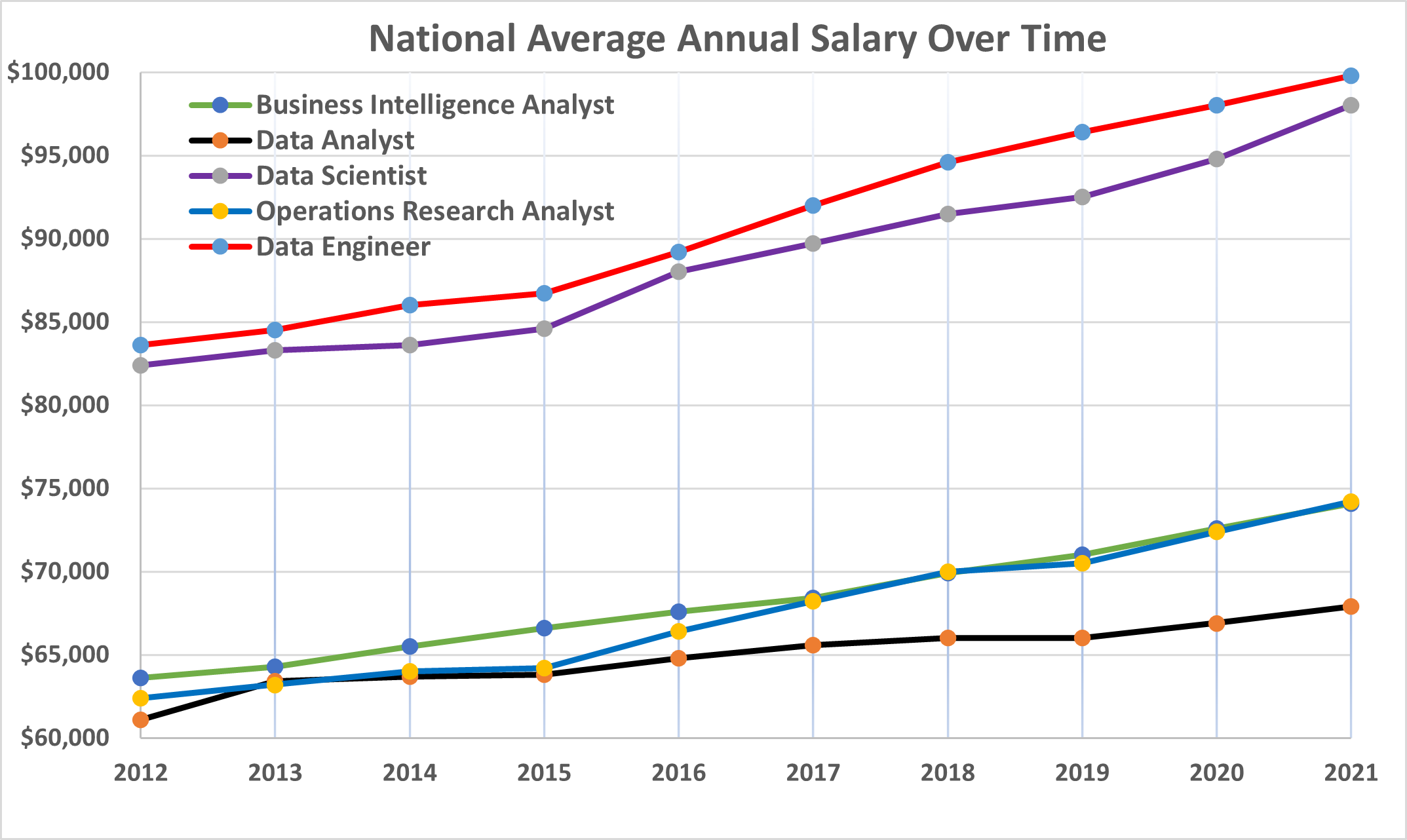Entertainment Management: Music
Entertainment Management: Music
The entertainment industry is rapidly evolving, and with advancements in technology, the industry is expected to reach more than $825 billion. This revolutionizing shift has created a demand for newly skilled thought leaders who will impact global markets, innovate new concepts, boost brands, and lead teams.
Our program blends the exciting world of entertainment with business and management principles to offer specialized knowledge and leadership skills to teach, develop, and deliver diverse leaders in an ever-growing entertainment marketplace.
Our students gain considerable analytical, planning, and leadership skills necessary to move with changing laws, technology, cultural issues, domestic and international trends. Coppin's College of Business offers the only four-year MSCHE and ACBSP-accredited Entertainment Management degree program in Maryland.
Industry Exposure
Students experience live and virtual industry insider events designed to create powerfully thought-provoking dialogue between the student body and entertainment industry professionals. Students meet and network with top industry leaders to learn about career opportunities, internships, and industry trends.
Program Requirements
Students majoring in Entertainment Management must complete their GER requirements by taking 40 credit hours from the list of GER courses in consultation with their academic advisor and 42 credit hours in the College of Business core, 3 credit hours in business electives, and 5 credit hours in general electives. In addition, students majoring in Entertainment Management must complete 30 credit hours in Entertainment Management. Further specialization may be achieved by including 12 credit hours of music or casino and gaming as part of the 30 required credit hours.
Required Entertainment Management Courses (18 credits)
| Course | Credits | Name |
|---|---|---|
| ENMGT 350 | 3 | Introduction to Entertainment Management |
| ENMGT 355 | 3 | Entertainment Law |
| ENMGT 360 | 3 | Facility Management and Event Planning |
| ENMGT 365 | 3 | Risk Management |
| ENMGT 480 | 3 | Internship |
| MGMT 350 | 3 | Business and Professional Ethics |
Music Concentration
Required Courses (12 credits)
| Course | Credits | Name |
|---|---|---|
| ENMGT 370 | 3 | The Business of Music |
| ENMGT 405 | 3 | Artist Management |
| MGMT 420 | 3 | Small Business Management |
| MKTG 430 | 3 | Marketing Research |

750+ Course Options
The Coppin State University Academic Catalog has a wide variety of skill-building courses designed to inspire and prepare you to be in-demand professionals and transformational leaders.
Sample Course Plan
Be sure to connect with your academic advisor to plan your semester courses. The plan below is just an example—your journey may have different requirements.
Fall Semester (16 credits)
| Course | credits | name |
|---|---|---|
| ENGL 101 | 3 | English Composition I |
| MATH 131 | 3 | College Algebra for Mathematics and Science Majors |
| PHIL 102 | 3 | Introduction to Logic |
| HIST 201 | 3 | History I |
| ORIE 101 | 1 | Freshman Seminar |
| MISY 150 | 3 | Technology Fluency |
| ORIE 101 | 1 | Freshman Seminar |
Spring Semester (15 credits)
| course | credits | name |
|---|---|---|
| ENGL 102 | 3 | English Composition II |
| HIST 202 | 3 | History II |
| PHSC 103 | 3 | Technology and Human Affairs |
| SPCH 105 | 3 | Introduction to Speech Communication |
| ECON 103 | 3 | Introduction to Business & Entrepreneurial Economics |
Fall Semester (16 credits)
| Course | credits | name |
|---|---|---|
| XXXX xxx | 3 | Art/Humanities Elective ** |
| PSYC 201 | 3 | General Psychology |
| ACCT 201 | 3 | Principles of Financial Accounting |
| ECON 211 | 3 | Principles of Economics I |
| BDSC 322 | 3 | Business Statistics |
Spring Semester (16 credits)
| Course | credits | name |
|---|---|---|
| WLIT 207 | 3 | World Literature |
| BIOL 101 | 4 | Biological Science |
| ACCT 202 | 3 | Principles of Managerial Accounting |
| MISY 341 | 3 | Small Systems Software |
| FINM 330 | 3 | Principles of Business Finance |
** Arts & Humanities - Select any one from the following: ART 103, MUSC 201, DANC 226, THEA 211, IDIS 102/IDIS 103, or FOLA 101.
Fall Semester (15 credits)
| Course | credits | name |
|---|---|---|
| MKTG 310 | 3 | Principles of Marketing |
| BDSC 340 | 3 | Operational Management |
| MGMT 305 | 3 | Business Communication |
| MGMT 320 | 3 | Principles of Management |
| BUSI 320 | 3 | Fundamentals of Intl. Business |
Spring Semester (15 credits)
| Course | credits | name |
|---|---|---|
| BNMGT 350 | 3 | Intro. to Entertainment Management |
| ENMGT 355 | 3 | Entertainment Law |
| ENMGT 360 | 3 | Facility and Venue Management |
| ENMGT 365 | 3 | Risk Management |
| XXXX 3xx | 3 | College of Business Elective (350 or above) |
Fall Semester (15 credits)
| Course | credits | name |
|---|---|---|
| ENMGT 370 | 3 | The Business of Music |
| MGMT 405 | 3 | Artist Management |
| MGMT 350 | 3 | Business and Professional Ethics |
| MGMT 420 | 3 | Small Business Management |
| MKTG 430 | 3 | Marketing Research |
Spring Semester (13 credits)
| Course | credits | name |
|---|---|---|
| XXXX 3xx | 3 | College of Business Elective (350 or above) |
| BUSI 495 | 3 | Seminar in Business |
| ENMGT 480 | 3 | Internship |
| XXXX xxx | 4 | Elective (READ 101 or general elective) |
| XXXX xxx | 3 | General Elective |
Information Request
Learn more about our Entertainment Management degree program. Fill out the Request for Information form or contact our College of Business faculty today.
Entertainment Management is in the Department of Management and Marketing in the College of Business.


